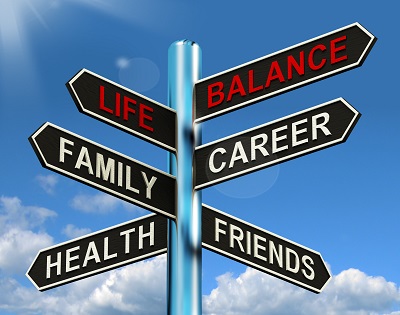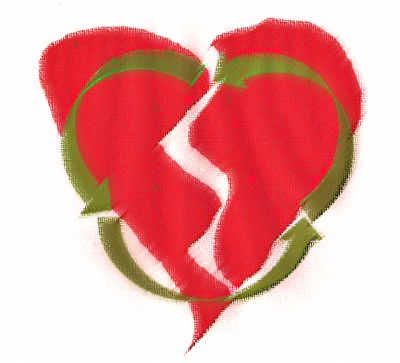 Most if not all of us have the tendency to allow words, actions and attitudes of others to influence our responses. At some point in life, we’ve likely blamed someone else for our response to a situation or a person. To be honest, I think most of us still do. We likely do this because it is our default response. It has been part of the human experience from the beginning.
Most if not all of us have the tendency to allow words, actions and attitudes of others to influence our responses. At some point in life, we’ve likely blamed someone else for our response to a situation or a person. To be honest, I think most of us still do. We likely do this because it is our default response. It has been part of the human experience from the beginning.
Scripture recounts the first instance of people being held accountable for their choices, and their immediate response was to blame someone else for their choices. This story of Adam and Eve disobeying God in the garden is found in Genesis 3. The tendency to blame others for our choices is still very much a part of the human condition.





 “A person who never made a mistake never tried anything new.” – Albert Einstein
“A person who never made a mistake never tried anything new.” – Albert Einstein
 Your plane is delayed.
Your plane is delayed. “We don’t usually remember what people said or what they did – however we do remember how they make us feel.” – Maya Angelou
“We don’t usually remember what people said or what they did – however we do remember how they make us feel.” – Maya Angelou